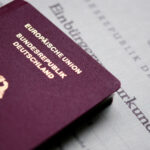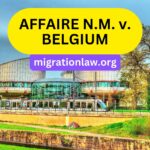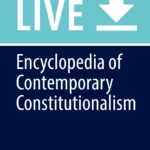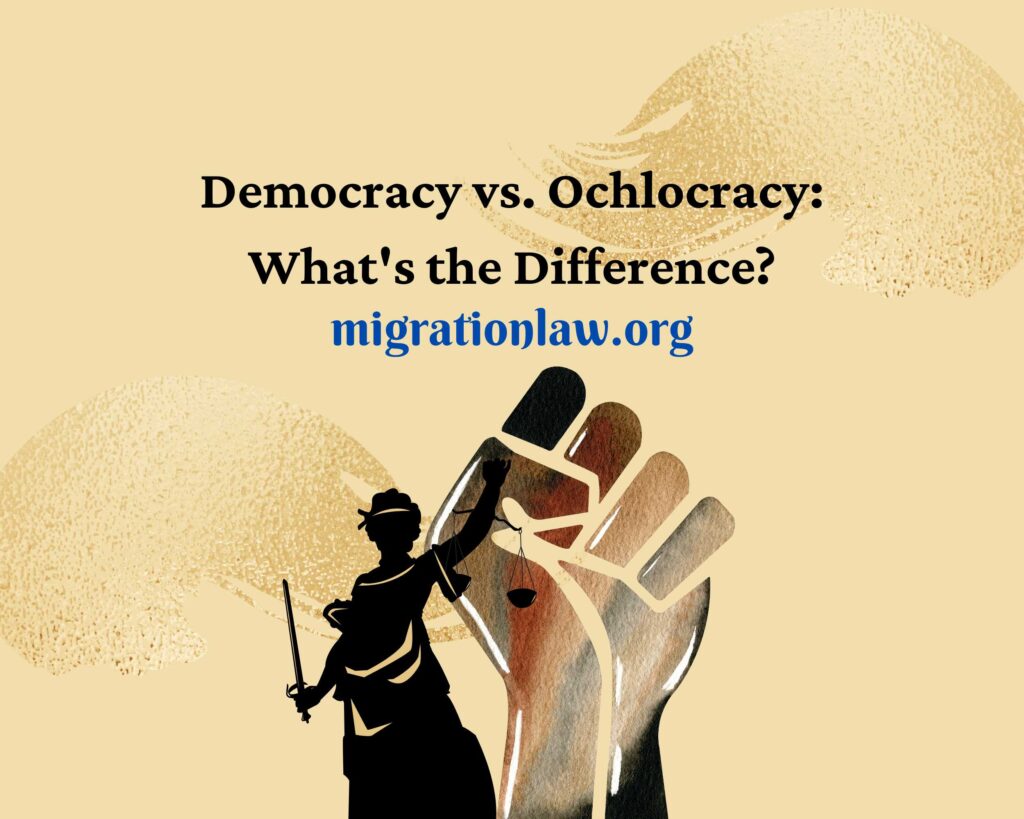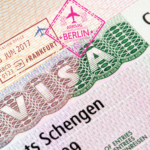The term “democracy” comes from the ancient Greek words “demos,” meaning “people,” and “kratia,” meaning “rule” or “power.” The term was first used in ancient Greece to describe a system of government in which power was held by the people, either directly or through elected representatives.
The origin of the term “democracy” is often attributed to the Greek statesman Cleisthenes, who is credited with introducing democratic reforms in Athens in the late 6th century BCE. However, the precise origins of the term are unclear, as it was likely in use before Cleisthenes’ time. The term became more widely known and celebrated during the 5th century BCE, when Athens became a leading city-state in Greece and established a system of government that was praised as a model of democracy.
The term “ochlocracy” is derived from the ancient Greek word “okhlos,” meaning “mob” or “crowd,” and “kratia,” meaning “power” or “rule.” The term was first used by the ancient Greek philosopher Polybius, who wrote about the different types of government in his work “Histories” in the 2nd century BCE. In his writing, Polybius used the term “ochlocracy” to describe a form of government in which the mob or the masses rule, often to the detriment of the common good. Since then, the term has been used to describe various forms of mob rule or populist movements throughout history.
In a democratic government, citizens have the power to vote for their representatives, who make decisions on their behalf. Democratic governments are often characterized by free and fair elections, the rule of law, and the protection of individual rights and freedoms. In contrast, ochlocratic governments are often characterized by violence, chaos, and the suppression of dissenting opinions.
One of the most significant differences between democracy and ochlocracy is the way in which power is exercised. In a democracy, power is exercised through legitimate and peaceful means, while in an ochlocracy, power is often exercised through violence and intimidation.
Another difference between the two forms of government is the role of individual rights and freedoms. In a democracy, individual rights and freedoms are protected, and citizens have the right to express their opinions freely without fear of retaliation. In an ochlocracy, however, individual rights and freedoms are often suppressed, and citizens are afraid to speak out against the ruling group.
In conclusion, democracy and ochlocracy are two very different forms of government with significant differences in how power is exercised and individual rights are protected. While democracy is characterized by free and fair elections and the protection of individual rights and freedoms, ochlocracy is often marked by violence, chaos, and the suppression of dissenting opinions.
Sources for further reading:
Democracy, https://www.britannica.com/topic/democracy
Ochlocracy, https://encyclopedia.pub/entry/32255
